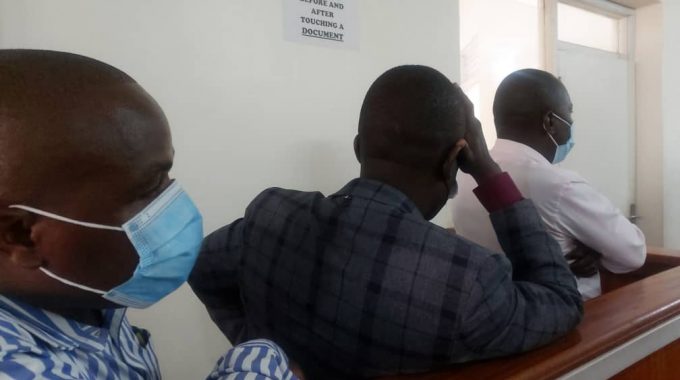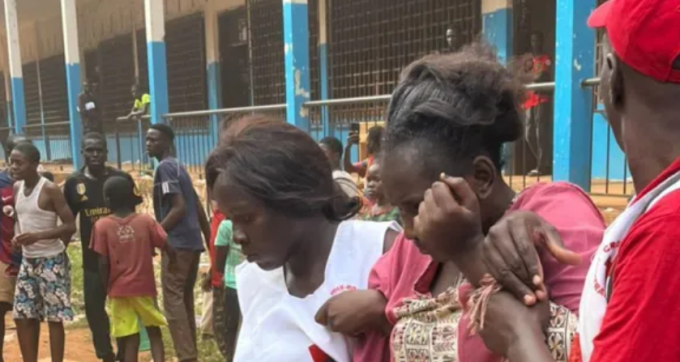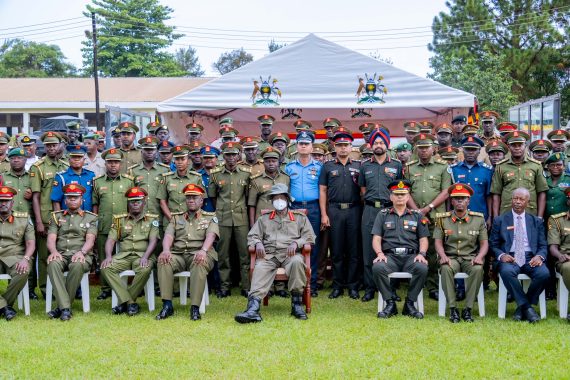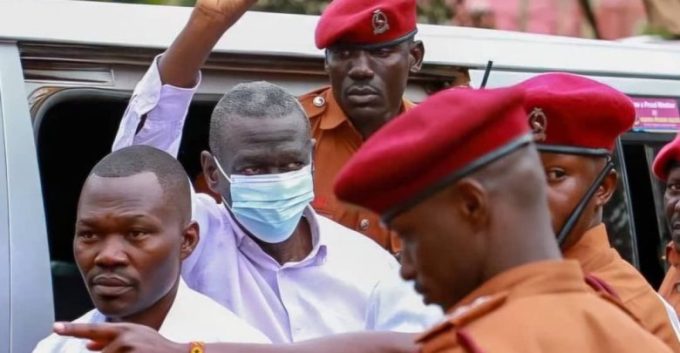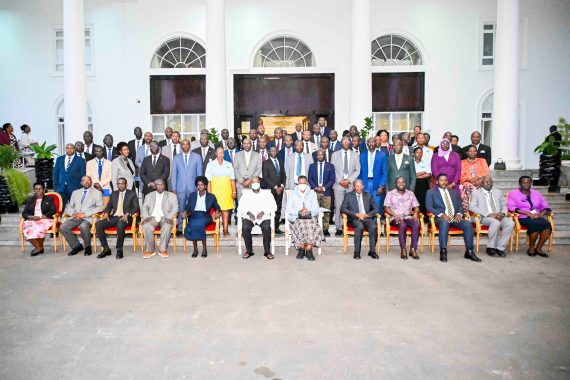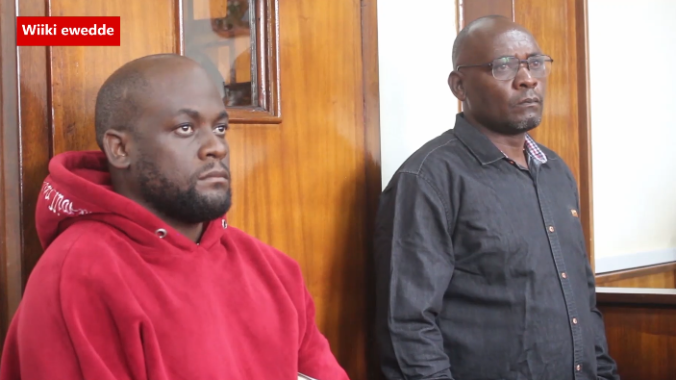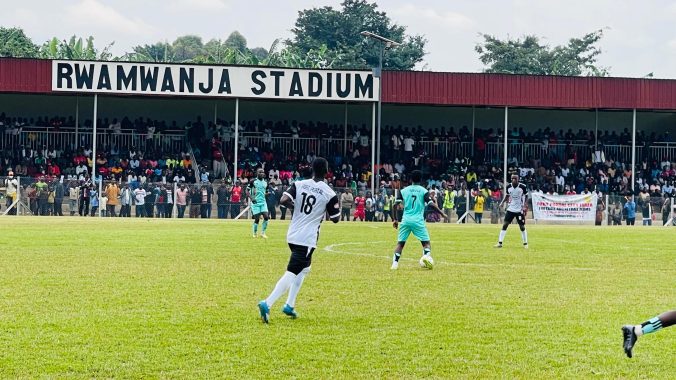Three out of six people implicated in the Kasese Office of the Prime Minister (OPM) relief scandal have been arraigned before the anti-corruption court in Kololo Kampala and charged.
The anti-corruption court presiding Magistrate Aciro Joan charged the accused with 10 counts including abuse of office corruption and causing the government a financial loss of 750million shillings.
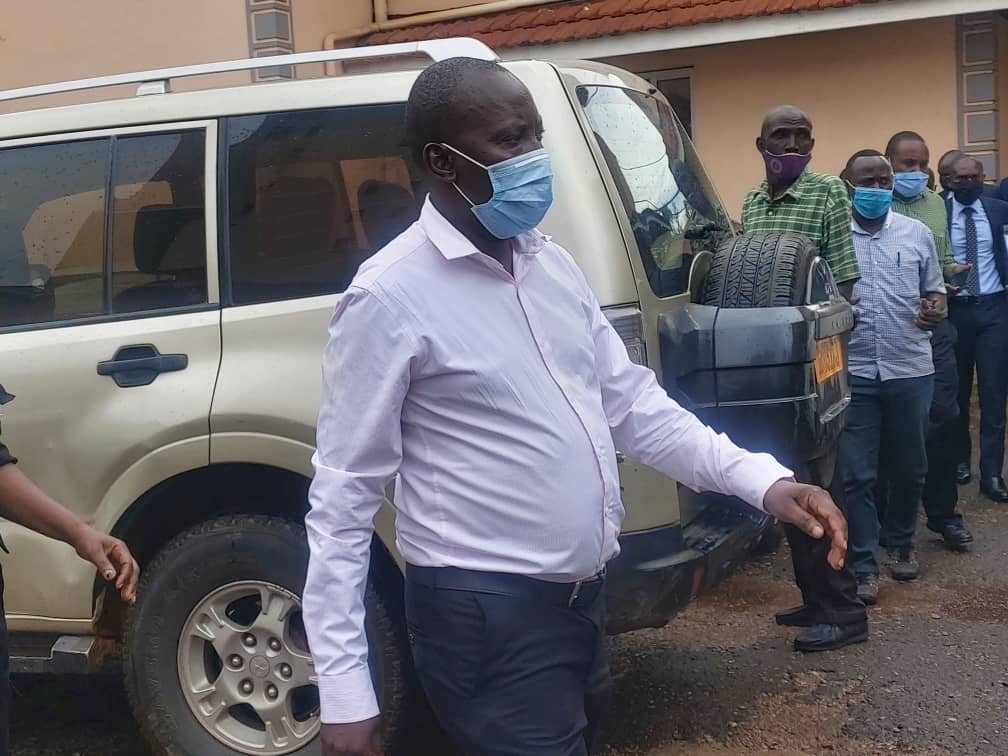
The suspects including Kizito Mugerwa, Godfrey Kaima, and Dhikusooka Cyprian appeared in court looking unsteady, trying to shield their faces from the cameras in court. However, three other colleagues incriminated in the same scandal failed to show up prompting Court to issue them criminal summons.
The prosecution alleges that the six accused officials and others omitted to deduct withholding tax of 164.5million shillings while making payments for the Blankets mosquito nets and tarpaulin to Emax supplies and logistics Ltd Canaan supply and construction Ltd and double way General supplies respectively.
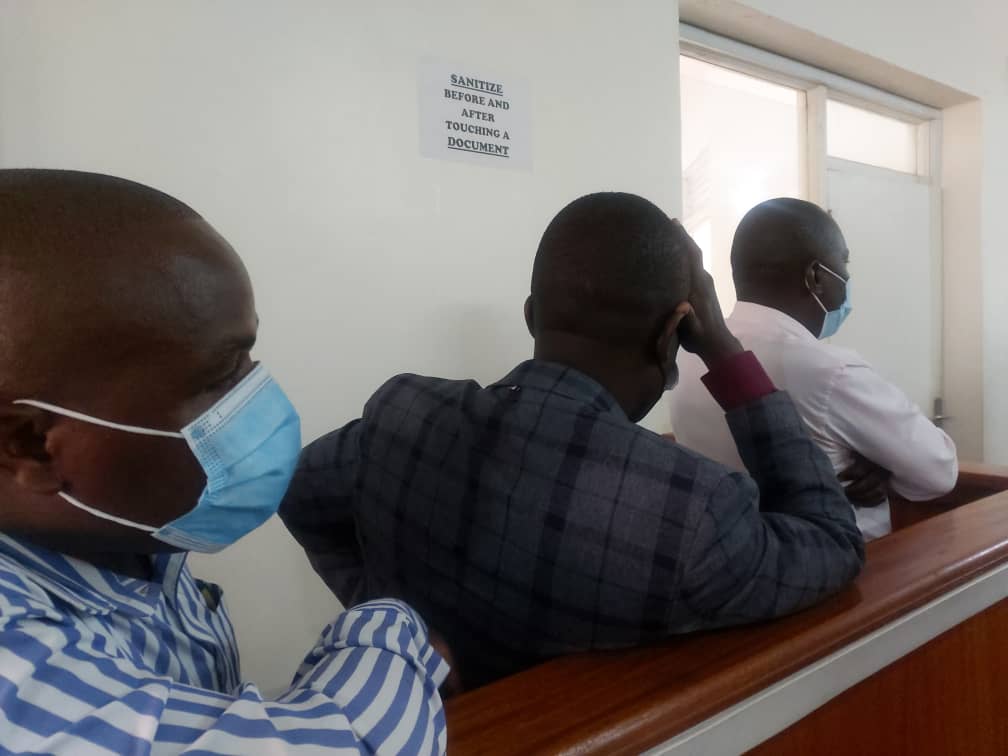
This was an irregular payment they allegedly made to the service providers without a written contract and clearance from the solicitor general.
The accused present in court were remanded to Kitalya government prison until October 8th after they failed to agree on bail fees of 50 million shillings each imposed by the court.
The bail money got relatives and lawyers upset saying it is a lot of money to be charged.
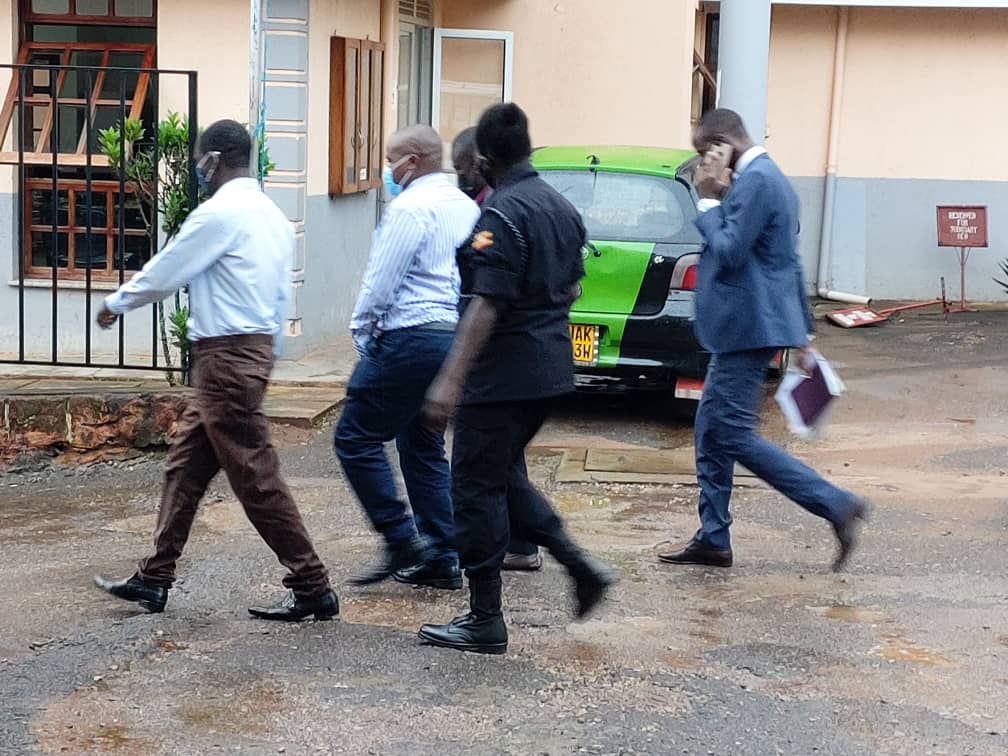
Trouble for the accused started in July when the Prime Minister Nabbanja was airlifted to Kasese at the district headquarters in Rukoki to meet with local leaders and technocrats to assess the impact of floods on locals after River Nyamwamba burst its banks.
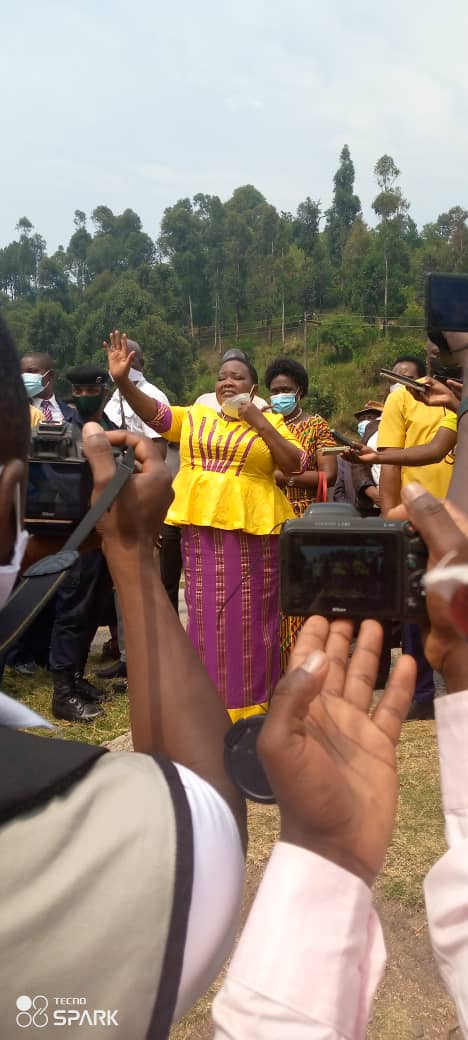
Close to 1000 locals were affected after their crops, homes, and animals were swept away by floods.
Nabbanja would later realise that the relief items donated to the locals were substandard. The PM immediately directed the officials responsible for procurement of the substandard items to be held liable and ordered them to organize another assortment.
She also ordered for blacklisting the company that supplied the government with substandard products.


